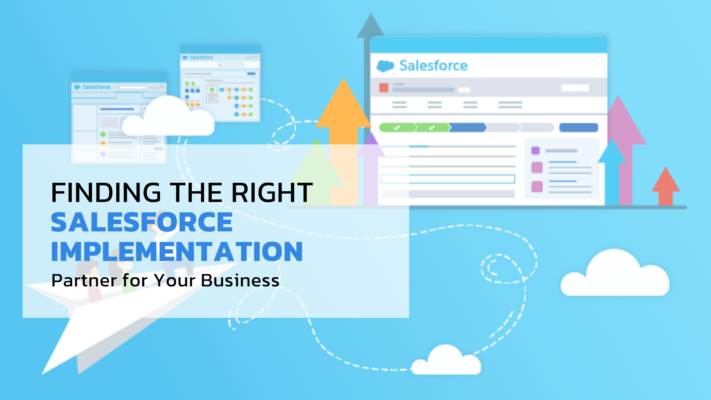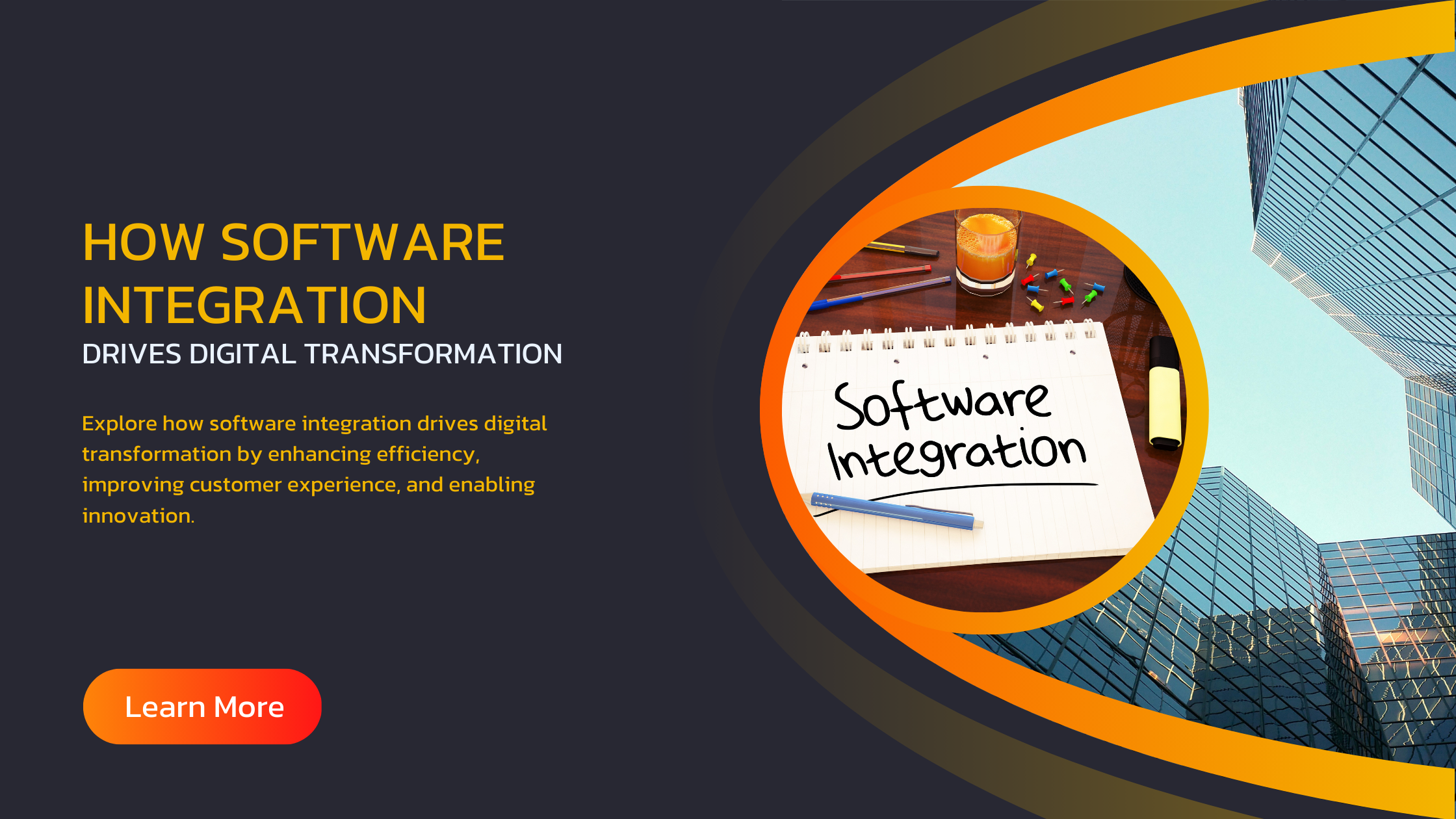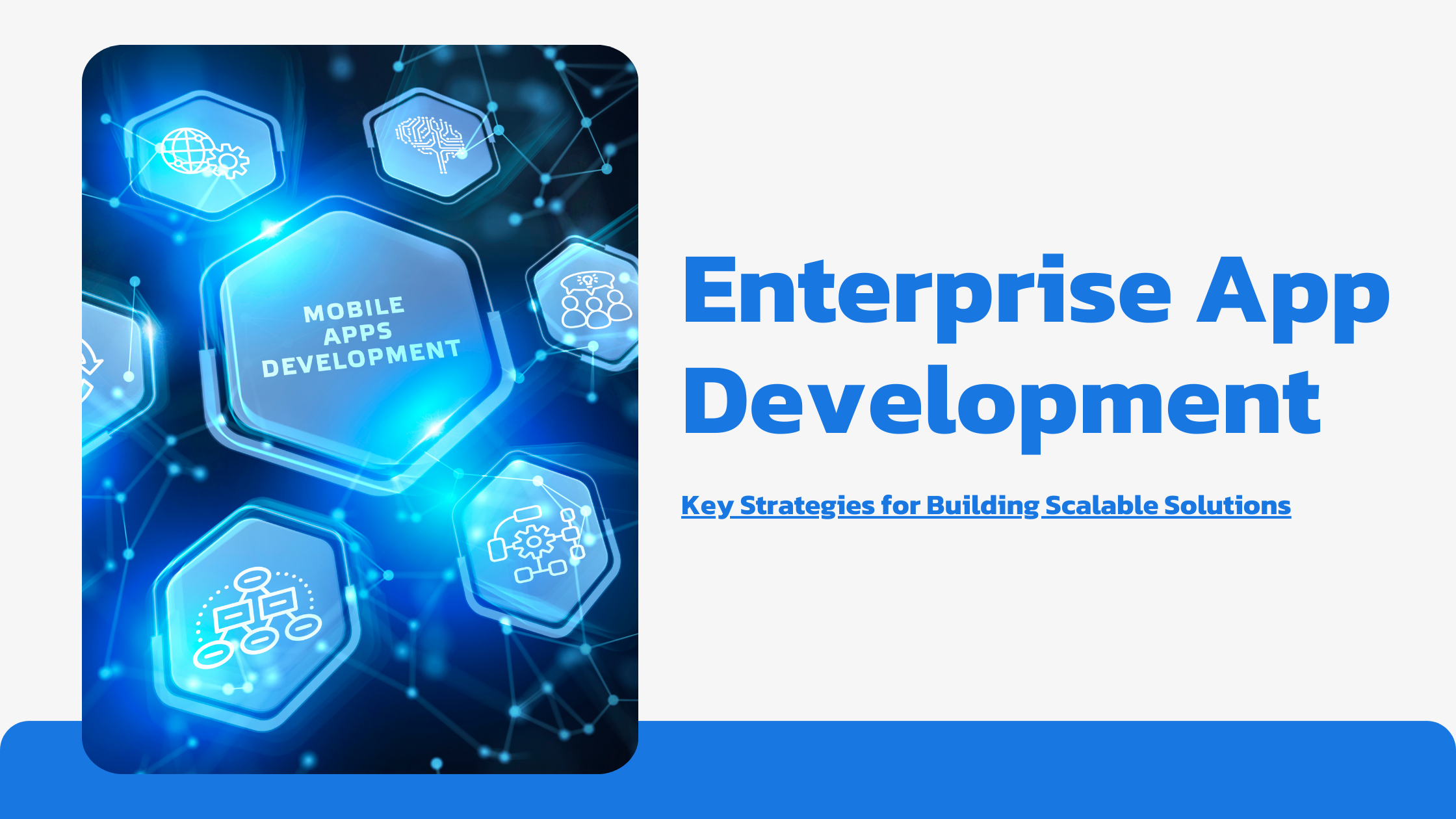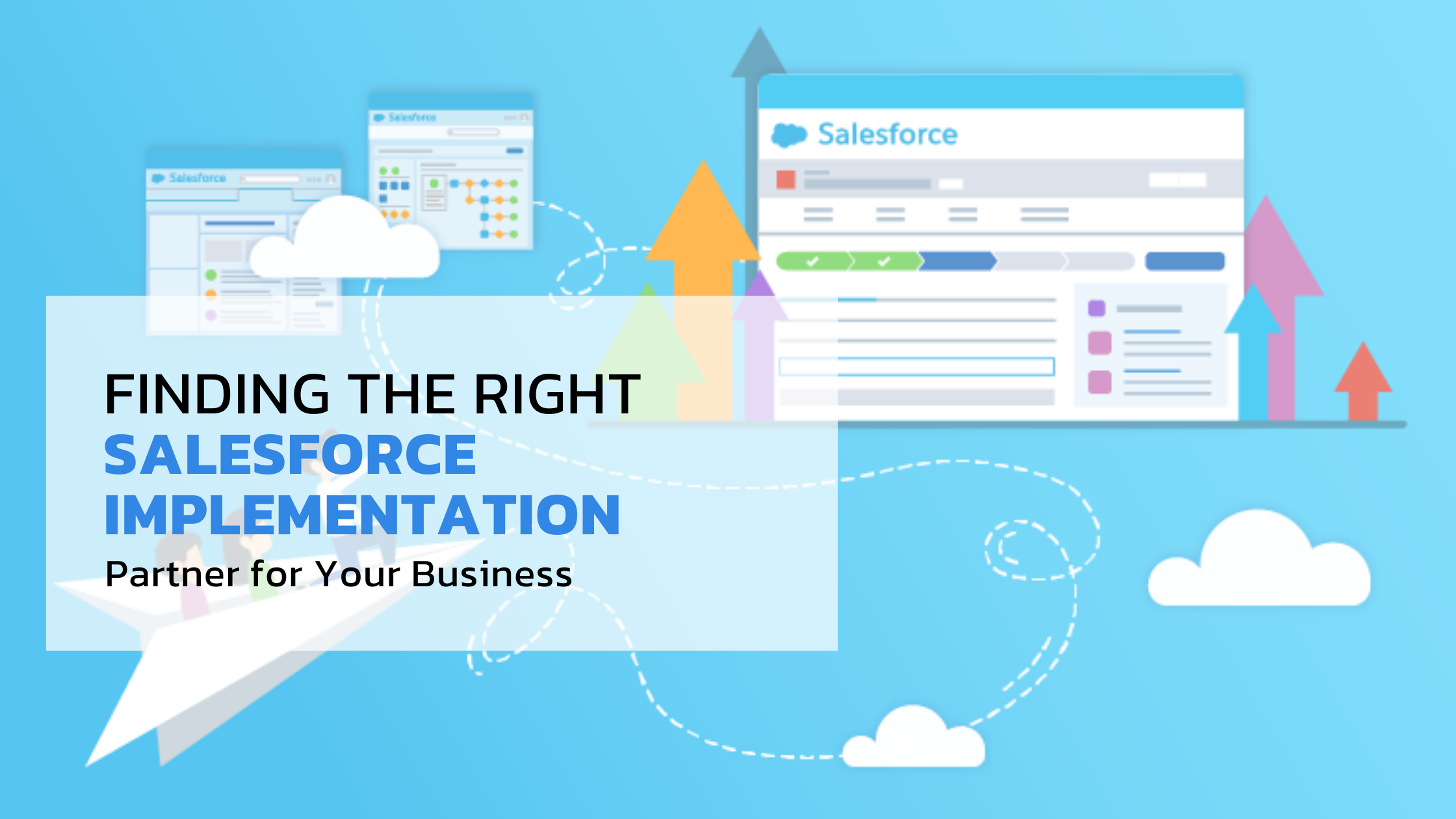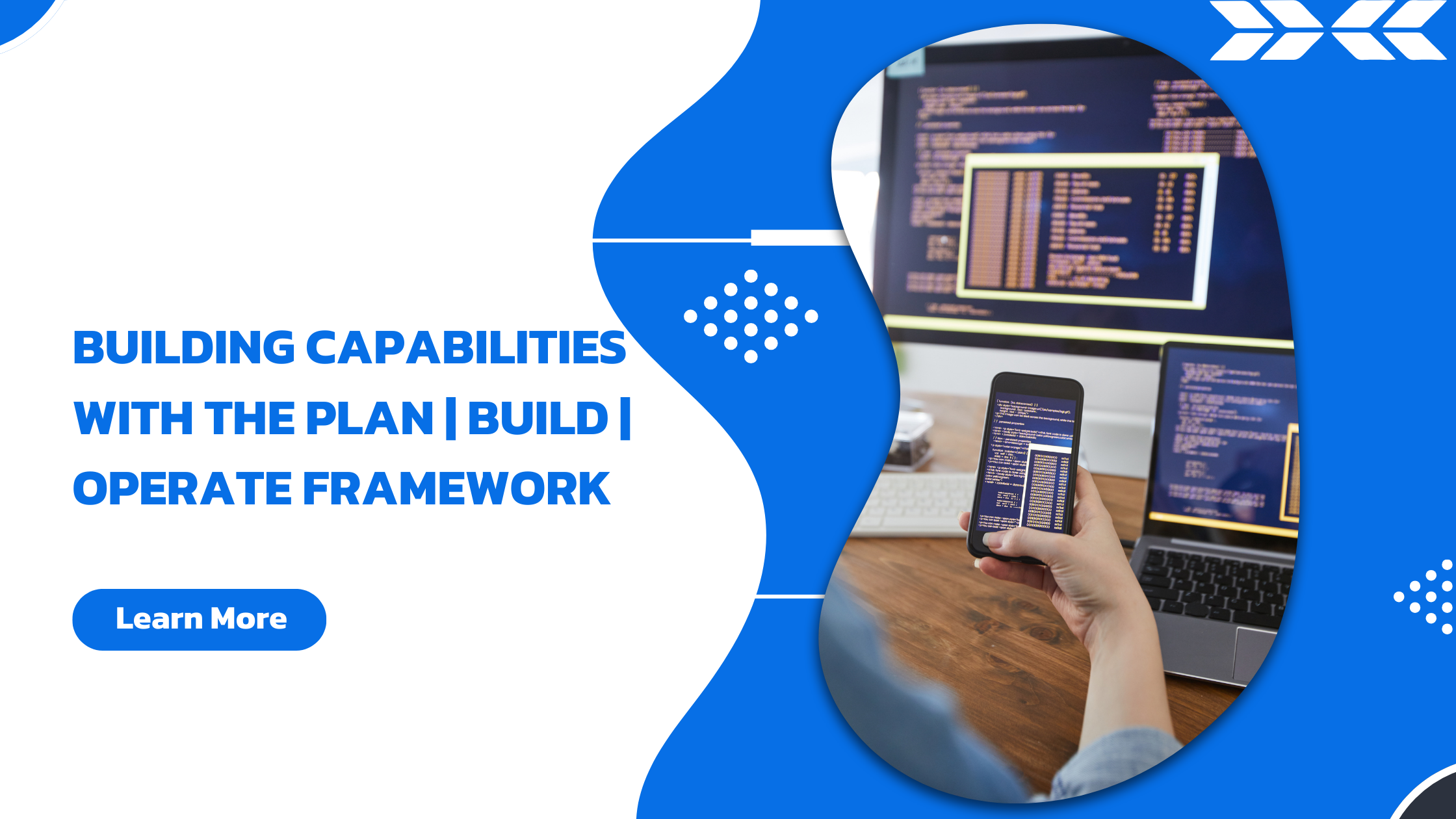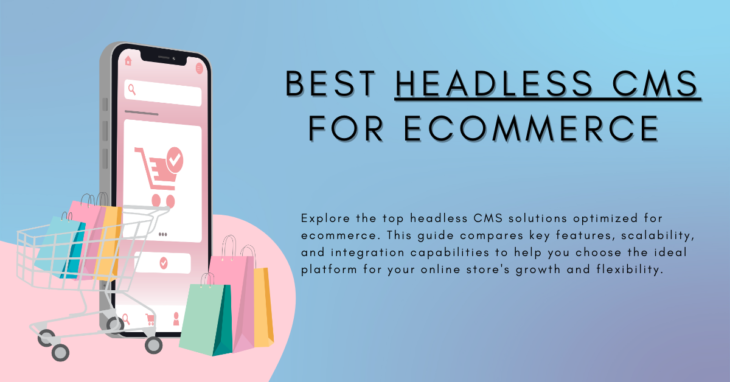
As we dive into 2024, the e-commerce landscape continues to evolve at a breakneck pace. One of the most significant trends shaping the industry is the rise of headless commerce architectures. Finding the best headless CMS for e-commerce has become a top priority for businesses looking to stay ahead of the curve. In this comprehensive guide, we’ll explore the top contenders for the title of best headless CMS for e-commerce in 2024, delving into their features, benefits, and how they stack up against each other.
But before we discuss our list of the best headless CMS for e-commerce, let’s consider why this technology has become crucial in the current e-commerce ecosystem.
The Rise of Headless Commerce
Headless commerce represents a significant shift in how e-commerce platforms are built and operated. Unlike traditional monolithic systems, headless architectures separate the front-end presentation layer from the back-end functionality. This decoupling allows for greater flexibility, faster performance, and enhanced customization capabilities.
As e-commerce trends shift towards personalized, omnichannel experiences, the need for a flexible and scalable content management system has never been greater. Headless CMS solutions offer the agility and power to deliver cutting-edge e-commerce experiences.
Why Choose a Headless CMS for E-commerce?
Before we dive into our list of the best headless CMS for e-commerce, let’s explore why more and more businesses are making the switch:
1. Flexibility: Headless CMS allows you to deliver content across multiple channels and devices seamlessly.
2. Improved Performance: Headless architectures can significantly boost site speed and performance by separating the front and back end.
3. Enhanced Security: With the back-end isolated, headless CMS offers improved security for sensitive e-commerce data.
4. Future-Proofing: As new technologies emerge, a headless CMS allows easier integration and adaptation.
5. Personalization: Headless architectures make delivering personalized content and experiences easier for customers.
Now, let’s dive into our list of the best headless CMS for e-commerce in 2024.
1. Contentful: The Versatile Powerhouse
Contentful often tops the list of the best headless CMS for e-commerce. Known for its flexibility and robust feature set, Contentful offers a powerful solution for businesses of all sizes.
Key Features:
– RESTful API for easy integration
– Powerful content modeling capabilities
– Extensive third-party integrations
– Strong focus on developer experience
Why It’s One of the Best Headless CMS:
Contentful’s strength lies in its ability to handle complex content structures, making it ideal for e-commerce sites with large product catalogs. Its API-first approach ensures seamless integration with various front-end technologies, allowing omnichannel experiences.
2. Strapi: The Open-Source Contender
For businesses looking for an open-source solution, Strapi stands out as one of the best headless CMS for e-commerce. Its customizable nature and active community make it a favorite among developers.
Key Features:
– Self-hosted solution for complete control
– Customizable admin panel
– Built-in user roles and permissions
– GraphQL and REST API support
Why It’s One of the Best Headless CMS:
Strapi’s open-source nature allows for extensive customization, making it an excellent choice for businesses with unique e-commerce requirements. Its robust API capabilities ensure smooth integration with various e-commerce platforms and b2b e-commerce platforms.
3. Sanity: The Real-Time Collaborative CMS
Sanity brings real-time collaboration to the world of headless CMS, making it a strong contender for the best headless CMS for e-commerce, especially for remote teams.
Key Features:
– Real-time collaboration
– Customizable content studio
– Powerful query language (GROQ)
– Excellent image-handling capabilities
Why It’s One of the Best Headless CMS:
Sanity’s real-time collaboration features are ideal for large e-commerce operations with multiple content creators. Its robust image-handling capabilities are particularly beneficial for visually-driven e-commerce sites.
4. Prismic: The User-Friendly Option
Prismic stands out for its user-friendly interface, making it an excellent choice for businesses looking for the best headless CMS for e-commerce that’s easy to use for non-technical team members.
Key Features:
– Intuitive slice machine for content modeling
– Strong focus on content previews
– Excellent documentation and support
– Integration with popular static site generators
Why It’s One of the Best Headless CMS:
Prismic’s user-friendly interface makes it easier for marketing teams to manage content without relying heavily on developers. This can be particularly beneficial for smaller ecommerce operations or those new to headless architectures.
5. Directus: The Data-First Approach
Directus takes a unique approach among the best headless CMS for e-commerce. It focuses on data management first and then layers content management on top.
Key Features:
– Instant REST and GraphQL APIs
– Customizable data model
– Powerful role-based access control
– Self-hosted or cloud options
Why It’s One of the Best Headless CMS:
Directus’s data-first approach suits e-commerce businesses with complex data structures or those looking to unify data from multiple sources. Its powerful APIs make integrating various front-end technologies and B2B e-commerce platforms easy.
6. Storyblok: The Visual Editor Champion
Storyblok stands out among the best headless CMS for e-commerce for its visual editing capabilities. It bridges the gap between headless flexibility and traditional WYSIWYG ease of use.
Key Features:
– Visual editor for easy content management
– Nestable content blocks for flexible layouts
– Multi-language support
– Robust image optimization
Why It’s One of the Best Headless CMS:
Storyblok’s visual editor makes it easier for non-technical team members to manage and preview content, which can be a significant advantage for e-commerce businesses with frequently updated product catalogs or content-heavy sites.
7. Kentico Content: The Enterprise-Grade Solution
For larger enterprises looking for the best headless CMS for e-commerce, Kentico Kontent offers a robust, scalable solution focused on content operations.
Key Features:
– Strong workflow and collaboration tools
– Advanced content modeling capabilities
– AI-powered content recommendations
– Excellent localization features
Why It’s One of the Best Headless CMS:
Kentico Kontent’s enterprise-grade features make it an excellent choice for large-scale e-commerce operations, particularly those with complex workflows or multilingual requirements. Its AI-powered recommendations can help streamline content creation processes.
8. GraphCMS: The GraphQL Specialist
As GraphQL continues to gain popularity, GraphCMS, with its GraphQL-first approach, positions itself as one of the best headless CMS for e-commerce.
Key Features:
– Native GraphQL API
– Flexible content modeling
– Powerful filtering and querying capabilities
– Excellent performance for complex queries
Why It’s One of the Best Headless CMS:
GraphCMS’s GraphQL-first approach can lead to significant performance improvements, especially for e-commerce sites with complex product catalogs or those requiring real-time data. Its powerful querying capabilities make it easier to deliver personalized content experiences.
9. Netlify CMS: The Git-Based Contender
For businesses already using Jamstack architectures, Netlify CMS offers a unique Git-based approach that makes it one of the best headless CMSs for e-commerce in this ecosystem.
Key Features:
– Git-based content management
– Open-source and highly customizable
– Seamless integration with Netlify’s hosting and deployment
– Excellent for static site generators
Why It’s One of the Best Headless CMS :
Netlify CMS’s Git-based approach offers excellent version control and collaboration features, which can be particularly beneficial for e-commerce businesses with frequent content updates. Its tight integration with Netlify’s ecosystem makes it an excellent choice for businesses already using these tools.
10. Butter CMS: The API-First Solution
Butter CMS, an API-first solution that prioritizes developer experience and ease of integration, rounds out our list of the best headless CMS .
Key Features:
– Simple, RESTful API
– Excellent documentation and SDKs
– Built-in SEO tools
– Strong focus on performance
Why It’s One of the Best Headless CMS:
Butter CMS’s API-first approach and excellent documentation make integrating various front-end technologies and b2b e-commerce platforms easy. Its built-in SEO tools can particularly benefit e-commerce businesses looking to improve their search engine visibility.
Choosing the Best Headless CMS for E-commerce: Key Considerations
Now that we’ve explored some of the top contenders for the best headless CMS for e-commerce, let’s discuss choosing the right one for your business. Here are some key factors to consider:
1. Scalability: As your e-commerce business grows, your CMS needs to keep up. Look for solutions that can handle increasing content volumes and traffic.
2. Integration Capabilities: The best headless CMS for e-commerce should easily integrate with your existing tech stack and b2b e-commerce platforms.
3. User-Friendliness: While developer experience is crucial, consider the needs of content creators and marketers who use the system daily.
4. Performance: Speed is crucial in e-commerce. Look for a CMS that can deliver content quickly and efficiently.
5. Customization: Every e-commerce business is unique. The best headless CMS for e-commerce should offer content modeling and front-end delivery flexibility.
6. Security: With sensitive customer data at stake, robust security features are necessary.
7. Support and Community: Find solutions with solid documentation, active communities, and reliable support channels.
8. Cost: While not the only factor, the pricing model should align with your budget and expected ROI.
E-commerce Trends and the Future of Headless CMS
As we look toward the future, several e-commerce trends are likely to shape the evolution of headless CMS solutions:
1. Increased Focus on Personalization: As customers expect more tailored experiences, the best headless CMS for e-commerce must offer advanced personalization capabilities.
2. AI and Machine Learning Integration: We expect more AI-powered features in headless CMS solutions, from content recommendations to predictive analytics.
3. Enhanced Omnichannel Capabilities: As the lines between different sales channels blur, headless CMS solutions must offer seamless omnichannel content delivery.
4. Improved Visual Editing: While maintaining the flexibility of headless architectures, we’re likely to see more CMS solutions offering improved visual editing capabilities for non-technical users.
5. Better Integration with B2B E-commerce Platforms: As B2B e-commerce grows, we expect to see headless CMS solutions offering better integration with specialized B2B platforms.
Conclusion: Embracing the Headless Future
As this guide has explored, choosing the best headless CMS for e-commerce is a crucial decision that can significantly impact your business’s success in the digital marketplace. While each solution we’ve discussed has strengths, the right choice will depend on your needs, technical capabilities, and business goals.
As e-commerce trends evolve, embracing a headless architecture can provide the flexibility and scalability needed to stay ahead of the curve. Whether you’re a small business just starting or a large enterprise looking to modernize your digital presence, a headless CMS solution can meet your needs.
However, implementing a headless CMS and integrating it with your e-commerce platform can be complex. This is where partnering with experienced professionals can make all the difference. At Upcore Technologies, we specialize in helping businesses navigate the world of headless commerce and CMS implementation.
Our team of experts can guide you through selecting and implementing the best headless CMS for e-commerce, ensuring you’re making the most of this powerful technology. From initial strategy and platform selection to implementation and ongoing optimization, Upcore Technologies can be your partner in embracing the headless future of e-commerce.
Remember, the best headless CMS is the one that aligns with your business goals, technical requirements, and future growth plans. By carefully considering your options and leveraging expert guidance, you can position your e-commerce business for success in 2024 and beyond.


